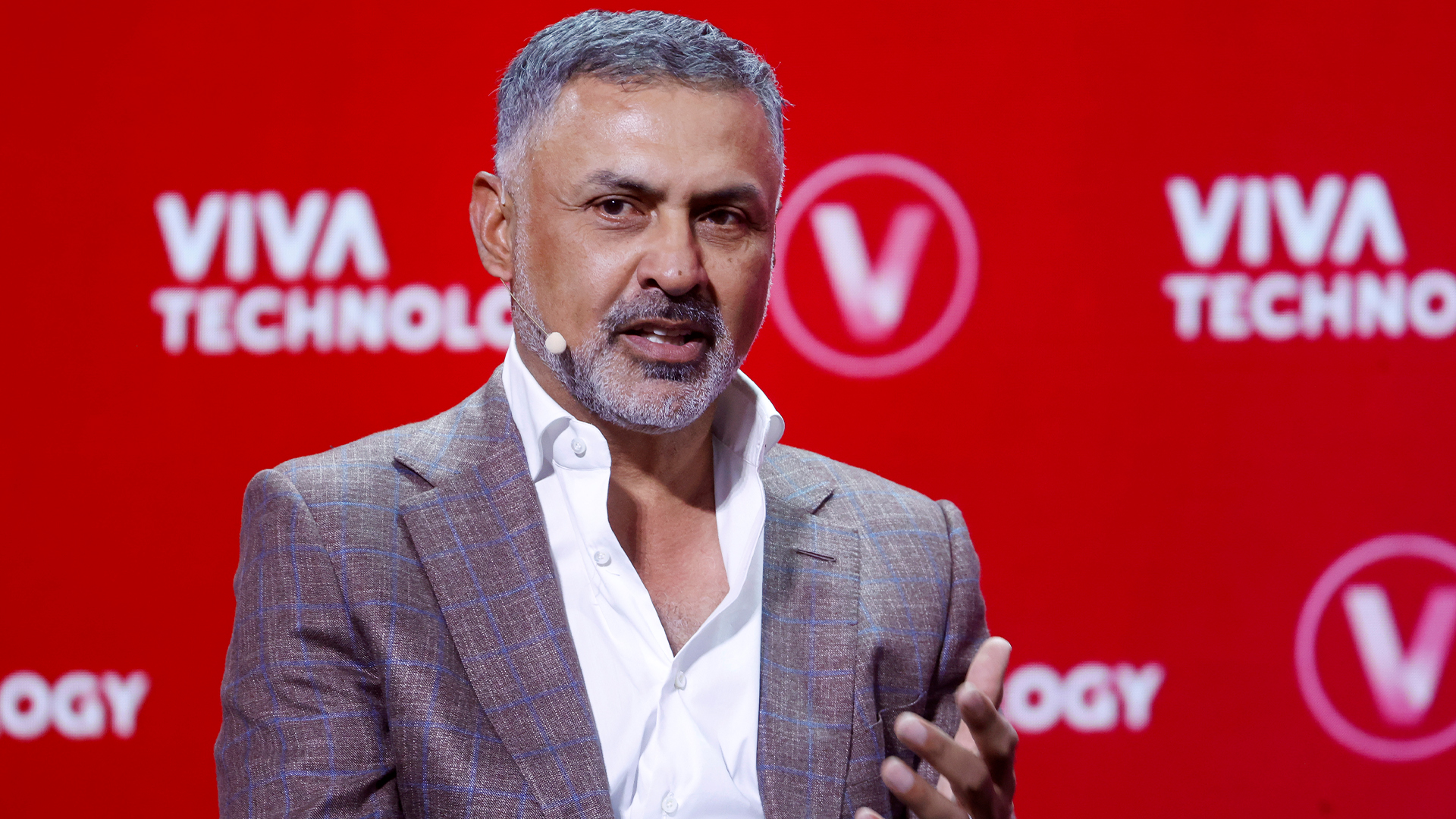Mozilla’s Fennec mobile browser ‘basically useless’
Developers behind the pre-alpha for Mozilla’s Fennec web browser for Windows Mobile have admitted a flaw renders it useless for most people.


Sign up today and you will receive a free copy of our Future Focus 2025 report - the leading guidance on AI, cybersecurity and other IT challenges as per 700+ senior executives
You are now subscribed
Your newsletter sign-up was successful
Mozilla has admitted that an early version of its Fennec web browser for Windows Mobile devices is "basically useless" for many users.
A pre-alpha version of Fennec was released earlier this month, but just for testing on the HTC Touch Pro running the Windows Mobile operating system.
"We knew there would be problems lurking around so we wanted to get a preview version into the hands of more testers," explained developer Mark Finkle in his blog. "The good news is we found a showstopper! The bad news is the browser is basically useless for many people."
The bug is memory related, and leaves many users with nothing other than a background image when Fennec loads. "Windows Mobile has some exciting restrictions around memory use," Finkle noted.
Finkle and his fellow developers are working on a fix and expect to have a new test version ready for release soon. "We are digging into the problem and have been able to reproduce it internally. It's obviously a top priority and we will get a new version released as soon as we get a fix in place," he wrote.
The Fennec mobile web browser has also been released in alpha version for Nokia's N810 internet tablets, and could be on phones running the Symbian operating system by the middle of this year.
Click here to read our Q&A with Mozilla's Tristan Nitot.
Sign up today and you will receive a free copy of our Future Focus 2025 report - the leading guidance on AI, cybersecurity and other IT challenges as per 700+ senior executives
Freelance journalist Nicole Kobie first started writing for ITPro in 2007, with bylines in New Scientist, Wired, PC Pro and many more.
Nicole the author of a book about the history of technology, The Long History of the Future.
-
 Palo Alto Networks CEO hails ‘the end of identity silos’ as firm closes CyberArk acquisition
Palo Alto Networks CEO hails ‘the end of identity silos’ as firm closes CyberArk acquisitionNews Palo Alto Networks' CEO Nikesh Arora says the $25bn CyberArk acquisition heralds "the end of identity silos" for customers, enabling them to supercharge privileged access management.
-
 Google says hacker groups are using Gemini to augment attacks
Google says hacker groups are using Gemini to augment attacksNews Google Threat Intelligence Group has shut down repeated attempts to misuse the Gemini model family
-
 Mozilla to cut 250 jobs as part of major coronavirus restructure
Mozilla to cut 250 jobs as part of major coronavirus restructureNews The reorganisation has been made so the company can become faster, more innovative, and find more revenue streams
-
 Mozilla re-hires veteran Mitchell Baker to serve as CEO
Mozilla re-hires veteran Mitchell Baker to serve as CEONews The interim chair and CEO formally rejoins the organisation after Chris Beard stepped down in December 2019
-
 Mozilla fixes two Firefox zero-days being actively exploited
Mozilla fixes two Firefox zero-days being actively exploitedNews Critical vulnerabilities allow attackers to execute arbitrary code or trigger crashes
-
 Firefox angers users with alarming Mr Robot plugin
Firefox angers users with alarming Mr Robot pluginNews The opt-out extension led many users to believe they had been hacked
-
 Mozilla doubles the speed of its browser with Firefox Quantum
Mozilla doubles the speed of its browser with Firefox QuantumNews The browser is faster and makes use of your system resources better
-
 Mozilla’s rebrand confuses web browsers
Mozilla’s rebrand confuses web browsersNews Chrome, Safari and Firefox struggle with moz://a
-
 Firefox ditches 404s in favour of archived pages
Firefox ditches 404s in favour of archived pagesNews Mozilla's browser is trialling showing older versions of a webpage instead of an error message
-
 Mozilla’s bid for Tor hack used in child porn case rejected
Mozilla’s bid for Tor hack used in child porn case rejectedNews Firefox maker will not be granted access to an exploit the FBI uncovered in Tor
